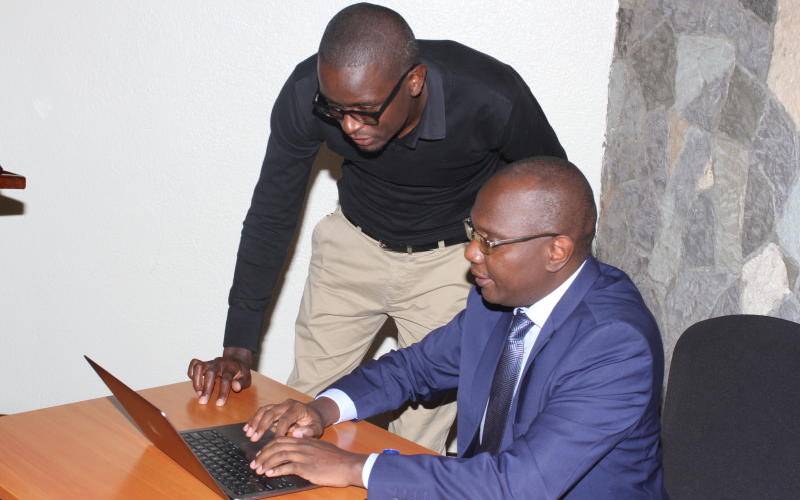×
The Standard e-Paper
Fearless, Trusted News

The government will next week roll out the implementation of the computer coding curriculum support material on a pilot basis targeting public primary and secondary schools under the Digital Literacy Programme.
Coding is the process of converting human intentions into commands that computers can comprehend. The lessons will be presented to the learners through an interactive online studio.